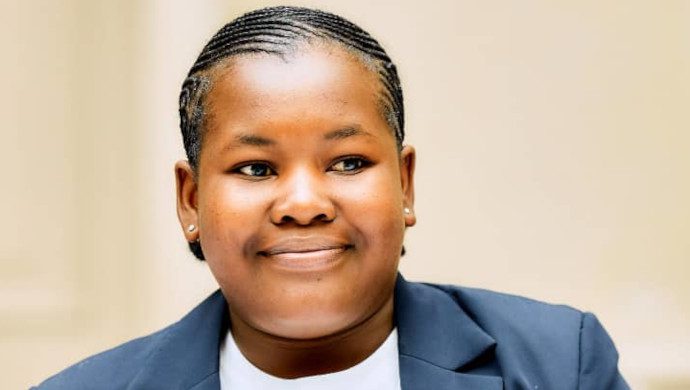At their meeting in Copenhagen on the 25th of August 2005, the Nordic Ministers of International Development Cooperation stressed the importance of increased efforts to ensure that people with disabilities are a priority in international development co-operation.
This is stated in a communiqué by the Nordic Ministers responsible for development cooperation, released Thursday in Copenhagen.
The ministers reviewed progress made in this field since the Nordic conference on Disability and Development Cooperation in Copenhagen year 2000. It is evident that substantial progress has been made, not least in the implementation of programmes through Nordic Disabled Peoples Organisations (DPOs). In priority fields, such as education, great efforts in the endeavour to include people with disabilities have been made.
It is, however, evident that more could be done, including taking full advantage of ongoing Nordic co-operation in the UN and in the international development financing institutions as well as looking into the possibility of further joint initiatives linked to bilateral development cooperation.
The Nordic country governments give their full support to the work in the UN on the Comprehensive and Integral Convention on the Protection and Promotion of the Rights and Dignity of Persons with Disabilities.
Nordic governments support the participation of developing countries in the process where 140 countries are actively engaged. Nordic governments also support the initiative of the Global Partnership on Disability and Development where the World Bank has taken the role as coordinating body.
The achieving of poverty reduction goals will not be possible if disability concerns and disabled people are not included. This is self-evident as disabled people and their families constitute a large proportion of poor people. Therefore the disability dimension needs to be mainstreamed in relation to major development frameworks such as the UN Millennium Declaration, the MDGs, PRSPs and the OECD Poverty Reduction Guidelines.
The Nordic Ministers are encouraging development agencies and relevant research institutions in the Nordic countries to include the rights and living conditions of disabled people in development research. They also underline that continued support to organisations for and of people with disabilities is an important part of getting this issue high on the agenda at global, regional and country level.
The review of Nordic progress support the view that it is necessary to make more concrete and consolidated plans if mainstreaming is to be achieved. The Nordic countries therefore have decided to work together to identify arenas where Nordic cooperation can lead to increased efforts.
The main focus would be on increasing mainstreaming efforts, though targeted approaches could be applied when appropriate. As women with disabilities often face double discrimination, gender issues need to be included. The relevant ministries in consultation with Nordic DPOs will review the common activities and arenas of cooperation identified at the next Nordic Development Ministers meeting.
Kilde: www.um.dk














